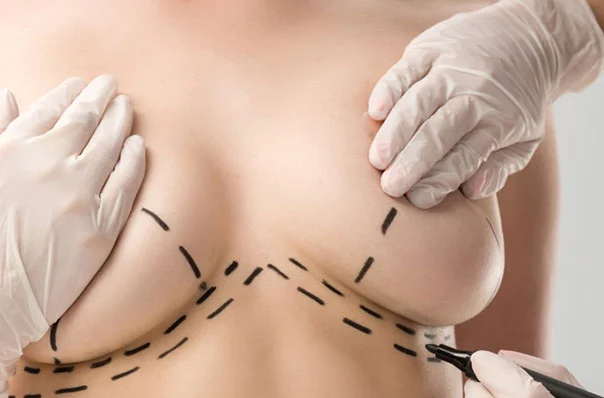|
ÖNERİLEN
İNCELE
|
|
|---|---|
| Technical Features | |
|
Recovery Time
|
6 Weeks |
|
Preoperative Diet
|
Up to 4 Weeks |
|
Return to Social Life
|
4 Days |
|
Hospitalization
|
1-2 Nights |
|
Alcohol Consumption
|
|
|
Soda Consumption
|
|

 Hair Transplant For Women
Hair Transplant For Women
 Hair Transplant For Men
Hair Transplant For Men






 During
During



 Breast Lift Surgery
Breast Lift Surgery
 Non-Surgical Facial Rejuvenation
Non-Surgical Facial Rejuvenation
 Eyelid Aesthetic
Eyelid Aesthetic
 Chin Aesthetics
Chin Aesthetics
